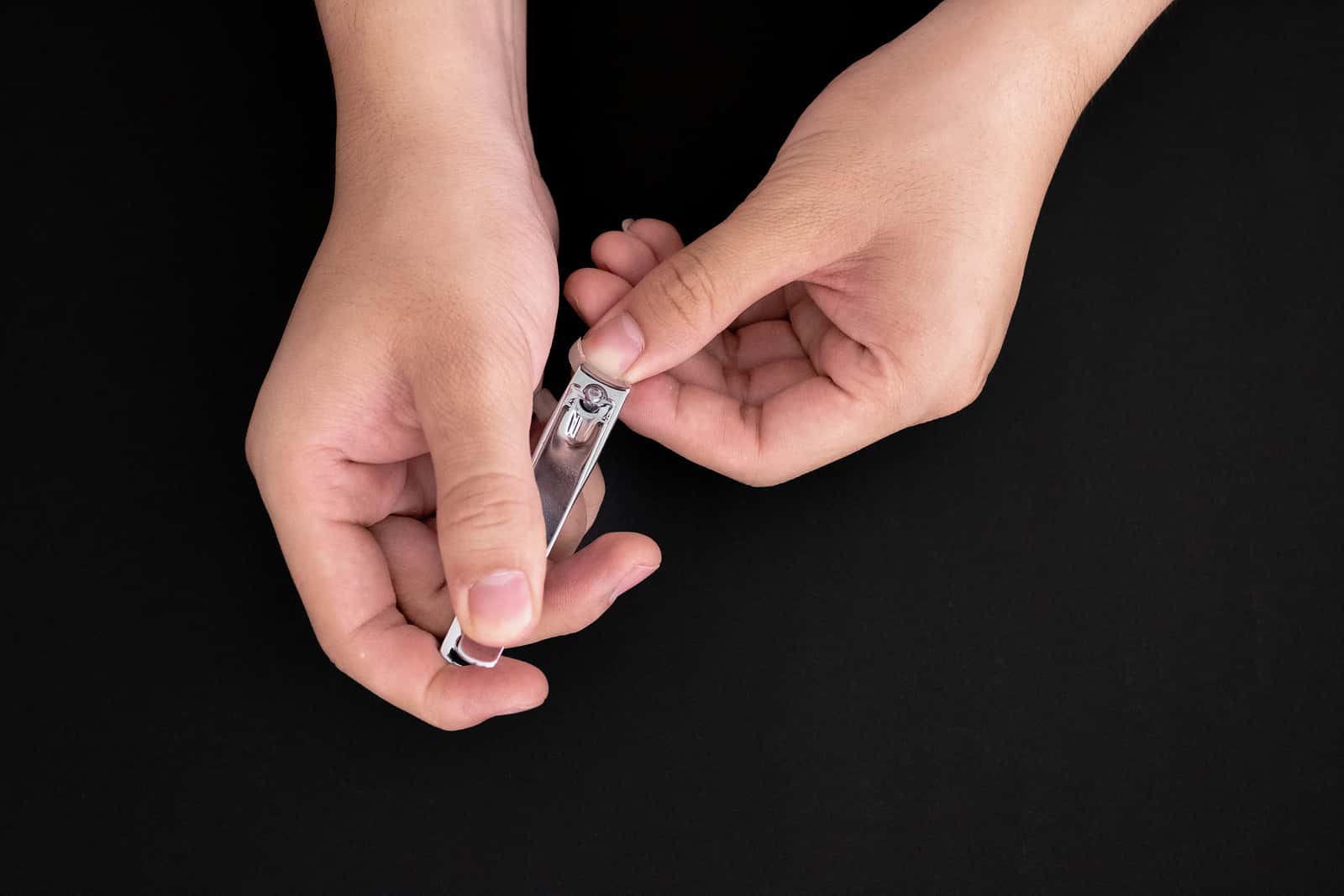
Biotin is a naturally occurring vitamin found in foods such as beef liver, eggs, salmon or pork. Some plants are also good sources of biotin, although levels are lower in sunflower seeds, sweet potatoes, almonds or spinach. As a supplement, this compound has garnered a reputation for helping nails and hair grow faster and become stronger. Is there evidence supporting the use of biotin for strong nails?
High-Dose Biotin for Strong Nails:
Q. I have found that 5000 micrograms of biotin daily is a miracle drug for my weak, brittle fingernails. My dermatologist recommended this.
Because of previous skin cancer, I wear sunscreen whenever I am outside. My family doctor told me to take 2000 IU of vitamin D3 to get my level up to the normal range. I am a healthy active man, so I plan to continue with my current supplements.
A. Thank you for sharing your experience with biotin, a B vitamin. This supplement is popular among people who want to improve their nails or hair (Journal of Cutaneous Medicine and Surgery, Nov/Dec. 2019). A review of the research on biotin for strong nails noted promising though not definitive results (Journal of Dermatological Treatment, June 2018).
The federal Office of Dietary Supplements notes that an adequate daily intake of biotin for adults is 30 mcg.
It goes on to state,
“Signs of biotin deficiency include skin rashes, hair loss, and brittle nails. Therefore, biotin supplements are often promoted for hair, skin, and nail health. However, these claims are supported, at best, by only a few case reports and small studies.”
Downsides of Biotin:
Even though you are taking a high dose of biotin, this nutrient appears quite safe. That said, it can interfere with some lab tests. Biotin artificially lowers the results of 25-hydroxyvitamin D tests. As a result, your doctor might conclude that you are not getting adequate vitamin D and advise you to increase your dose unnecessarily.
In addition, biotin may also lower the value of TSH (thyroid stimulating hormone). This compound is critical for the diagnosis and management of thyroid disorders. When TSH is low, the doctor infers that the thyroid is overproducing thyroid hormone. Consequently, the patient may be falsely diagnosed with hyperthyroidism.
Most alarming, a high dose of biotin for strong nails might slow a diagnosis of heart attack. Doctors look at the level of troponin for this diagnosis. Unfortunately, biotin can lower it artificially. The diagnosis of congestive heart failure might also be more difficult.
If you ever need to have blood drawn, make sure the lab knows you are taking biotin. You’d be wise to stop taking your biotin for at least two days before visiting the laboratory for a planned test (Clinical Biochemistry, March 2019).
Learn More:
You can learn more about testing for thyroid problems in our eGuide to Thyroid Hormones. Likewise, our eGuide to Vitamin D and Optimal Health can tell you more about that vitamin and the tests. Dr. Low Dog’s book Fortify Your Life: Your Guide to Vitamins, Minerals, and More is the best resource on dietary supplements that we have seen.
Citations
- John JJ & LIpner SR, "Consumer perception of biotin supplementation." Journal of Cutaneous Medicine and Surgery, Nov/Dec. 2019. DOI: 10.1177/1203475419871046
- Lipner SR & Scher RK, "Biotin for the treatment of nail disease: What is the evidence?" Journal of Dermatological Treatment, June 2018. DOI: 10.1080/09546634.2017.1395799
- Gifford JL et al, "Strategies for mitigating risk posed by biotin interference on clinical immunoassays." Clinical Biochemistry, March 2019. DOI: 10.1016/j.clinbiochem.2018.12.007

